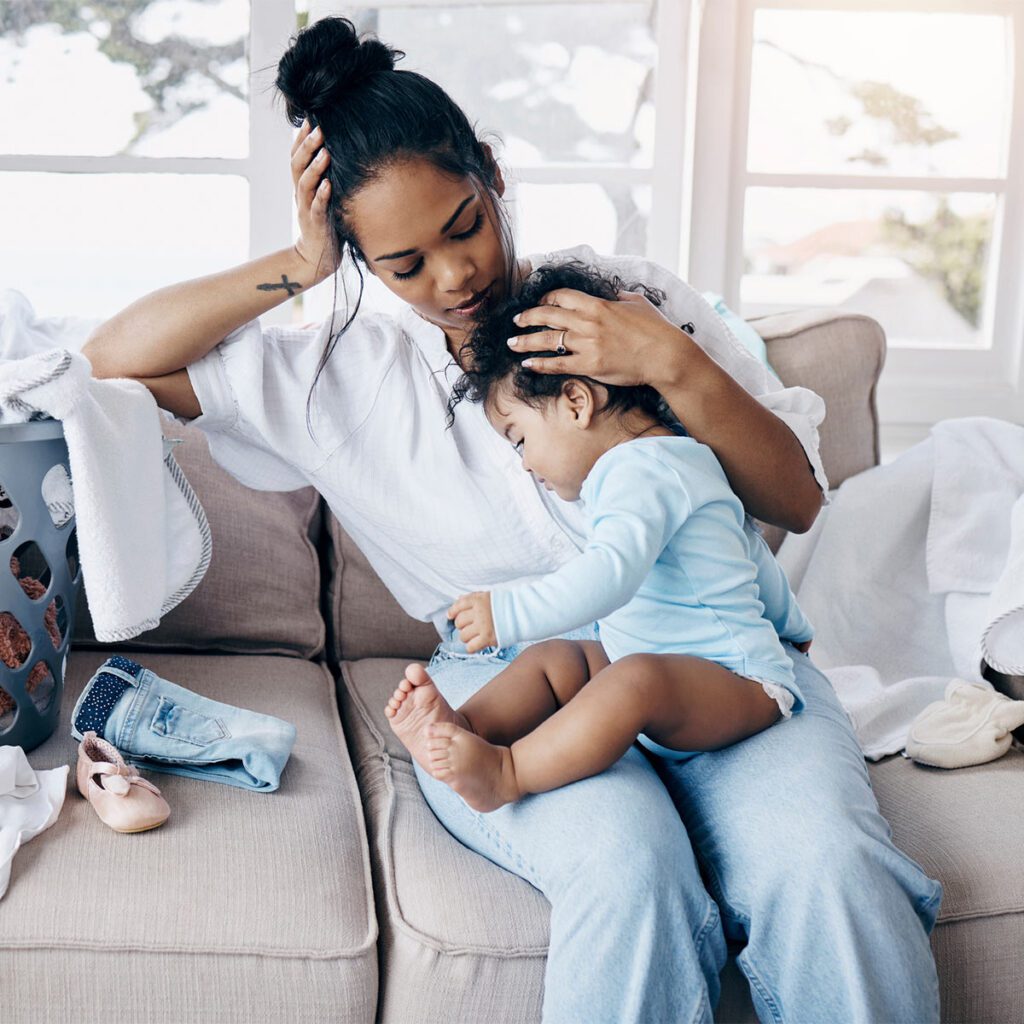Keeping Calm and Parenting On
It had been a long day and my fuse was short. Because our daughter was too smart for her own good, we had a saying in our house – “Ask before you do.”
On this particular day, Ashley decided she wanted to paint her room, so she went in and closed the door. Recognizing it was a bit too quiet in the house, I went to see what she was doing. I wish I had a picture to show you: red paint the color of melted lollipops covered the wall behind her door. Looking back, it makes me laugh. But in the moment, I had a meltdown. Our home was anything but ”ScreamFree.” I am pretty certain if someone had been videotaping the episode, my behavior didn’t look too different from that of a child having a temper tantrum. That moment would be what Hal Runkel, author of ScreamFree Parenting, would say is the moment I handed the emotional remote control in our home over to the least mature person in the house, our 6-year-old daughter.
There are probably many parents who can relate to losing it with their children. Truth be told, if someone were to describe what typically happens when a parent loses their cool, both parent and child may end up yelling, tears might flow, and words might be said that aren’t really meant. In the end nobody wins.


ScreamFree parenting isn’t about becoming the perfect parent with all the perfect techniques to raise your children. Runkel is convinced that good parenting is about parents learning how to take back their own emotional remote control. The parenting journey is a series of anxiety-provoking events that parents often respond to by screaming. Anxiety says we need to manage our children. But the more we try to overtly manage them, the more unmanageable they become.
In every situation, parents have to make sure they are being the grown ups no matter what their child is doing. When a parent is screaming, what they are really saying is, “Calm me down, I can’t handle what you are doing right now.” When parents focus on calming their own emotional reactivity, they begin to make parenting decisions out of their highest principles instead of reacting out of their deepest fears. There are specific ways parents can do this:
- See children as individuals in their own right, with their own lives, decisions, and futures.
- Don’t preach or threaten – let the consequences of a child’s choices do the screaming.
- Be an advocate for your child’s development.
- Change your vocabulary – avoid labeling children or pigeonholing how they see themselves. Labels can be very destructive.
- See yourself as being responsible to your children – not for them. For example, if your child throws a temper tantrum in a public place, you’re not responsible for it, but you are responsible for how you handle it.
Every child wants parents who can keep their cool, even when things get heated. Your children want you to remain unflappable, even when they flip their lids. Most parents’ biggest struggle is dealing with their own emotional reactivity. That is why the greatest thing we can do for our children is learn to focus on ourselves, not on them.
A few of you might be reading this thinking to yourself, easier said than done. Agreed. Looking back at my own parenting journey, I can acknowledge that there were far too many times I handed the emotional remote control over to Ashley. In the instance with the red paint, my mind was spinning with things like “I don’t have time to paint this wall. What will my mother say about my parenting? Why wasn’t I paying closer attention?” In the end, what I really needed to do was slow down and heed Runkel’s advice. Keep calm and parent on!

